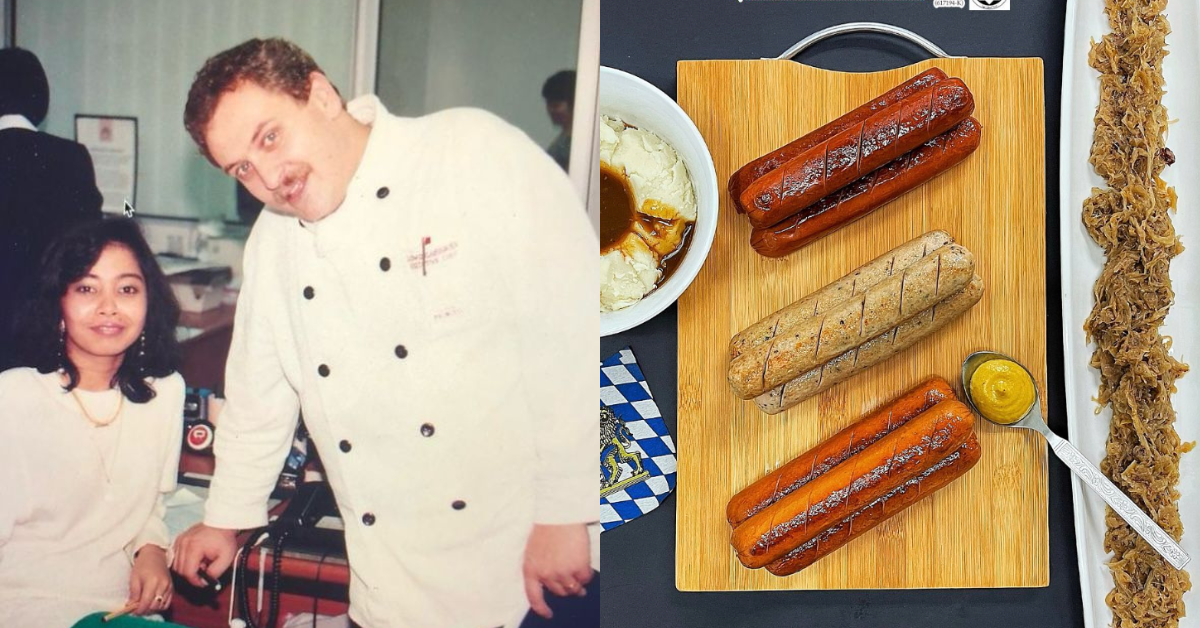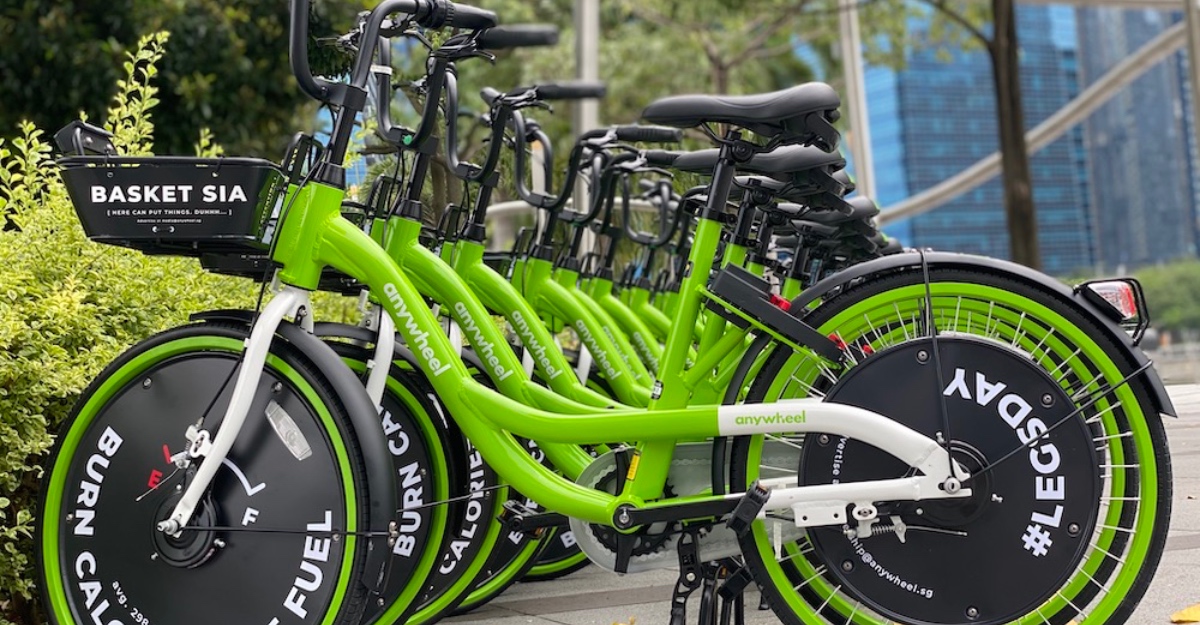When you think of sausages, the usual brands that come to mind are Ayamas and NutriPlus. You can find them in the frozen sections of most grocery stores, whether that be your local 99 Speedmart or Jaya Grocer.
Perhaps a lesser-heard of brand is German Delicatessen. That, or I might just be out of the loop, as I only learnt about them a few weeks ago after coming across their Instagram page.
According to its bio, this local brand has been striving to be one of the leading manufacturers of premium sausages in Malaysia. More specifically, it specialises in German-styled sausages.
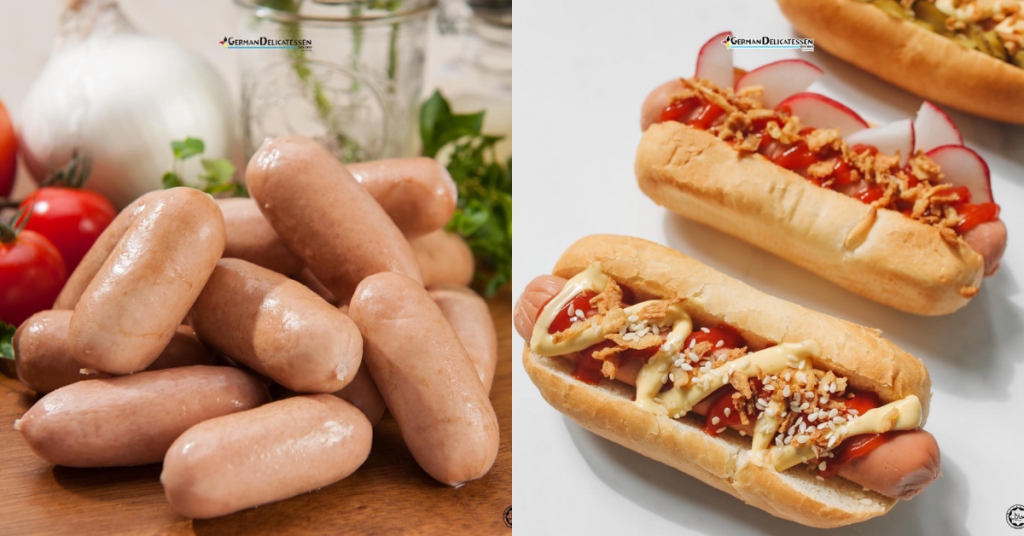
But what intrigued me more was the fact that it’s halal. In my experience, premium sausages and German sausages are often non-halal as they use pork as the protein of choice. An example of this is Lily’s Homemade, a homegrown business sausage business started by a Malaysian-British couple.
So, how has this halal German sausage brand stood the test of time—20 years, specifically—in a market that points to pork being the preferred meat by consumers?
Not forgetting his German food culture
Launched in 2003, German Delicatessen was founded by a Malaysian-German couple, Norlida and Nazrin.
Back in the day, Nazrin worked as a chef in Germany. “He was also a master butcher,” Ludwig, his son who is also one of the brand’s directors, told us.
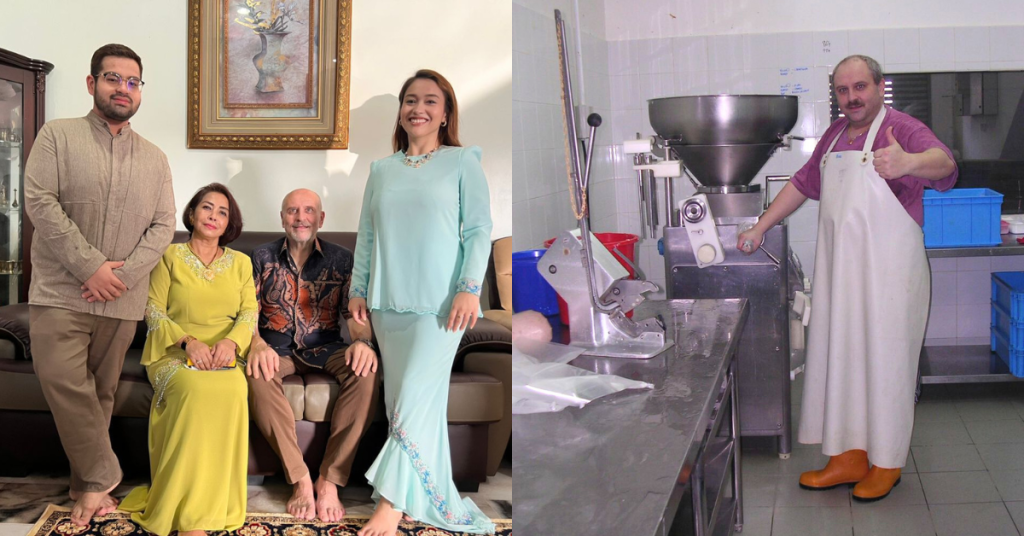
Then in 1989, he came to Malaysia for a new job opportunity working as an Executive Chef at the Bay View Beach Resort in Penang. Initially, he had no real intention of staying in the country for long. But that all changed when he met his future wife while opening The Crown Princess (Hotel) in KL.
“There, he met my mum who was working as an F&B secretary,” Ludwig shared.
“[My dad] was always working in different countries so he enjoyed travelling and experiencing cultures in different places. It just so happens that he met the love of his life in Malaysia and he really loved the culture here so he decided to stay.”
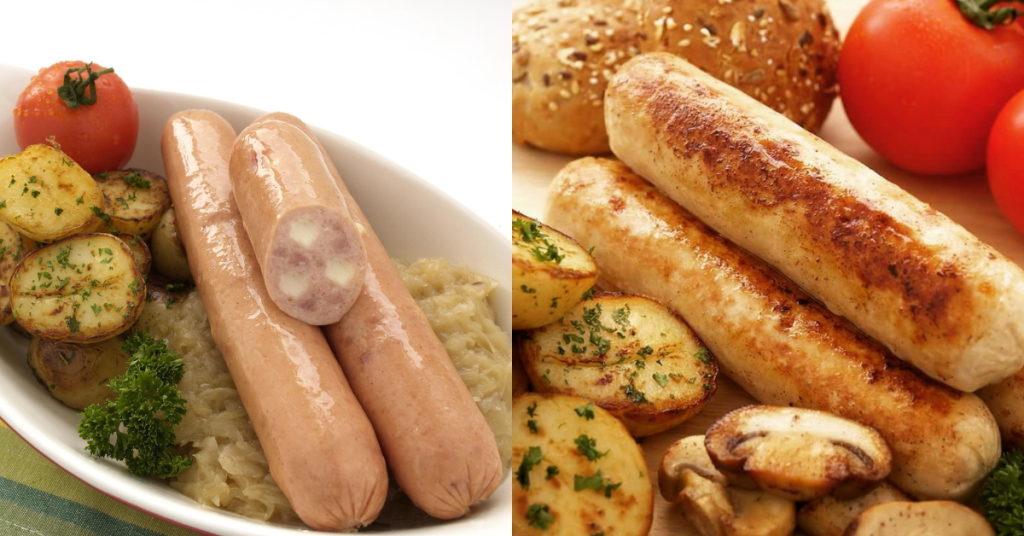
Then came Ludwig and his younger sister, Fiona Amira, and all was right in their world. Until they noticed a jarring need for good quality sausages that are halal.
“It was because of the low quality of meat used in sausage manufacturing during that time, and it did not have an authentic taste like how he (Nazrin) grew up with in Germany,” Ludwig explained.
This prompted the couple to be the change they wanted to see and marked the beginning of German Delicatessen.
The right time and place
Sharing the brand’s insights, Ludwig explained that there was a huge demand for halal processed meats even back in 2003. “[It’s] safe to say we started at the right time.”
This aligns with the consumption trends that some studies found around this period. For example, an article published in BMC Nutrition found that people in Malaysia were shifting away from traditional local food towards more processed ones.
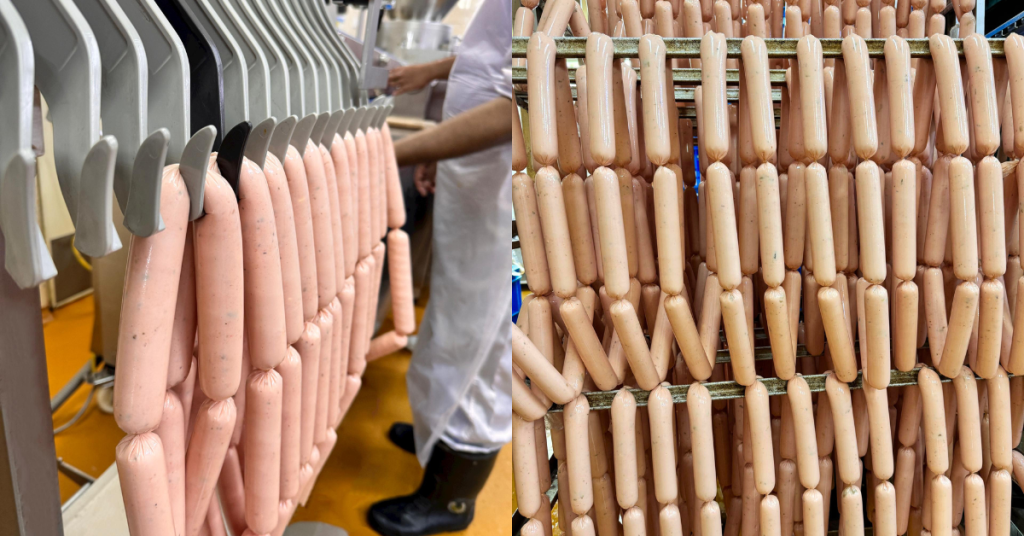
That being the case, there were quite a few brands dominating the local processed meat industry such as Ayam A1 and CP Malaysia. But what made German Delicatessen stand out was its emphasis on staying true to Mr Nazrin’s German roots.
Appearance-wise, the brand’s sausages and cold cuts might look the same as their competitors’. But the difference lies in German Delicatessen’s concoction of spices, which includes the use of paprika, caraway seeds, and mustard.
Other than that, Ludwig shared that the brand follows the German standards and regulations of making deli meats. Which basically comes down to a set ratio of meat, spices, and so on. All the while, they keep in mind the taste preferences of Malaysians.
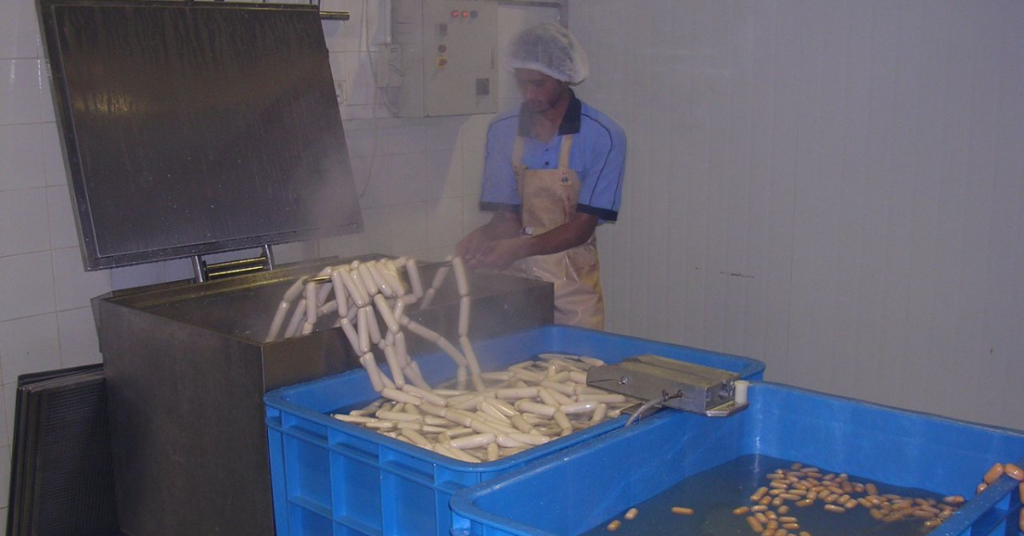
And of course, the most important element that inspired the start of the business: its halal status. Even back in 2003, the founders made it a point to be recognised and halal-certified by JAKIM.
Assuring us, Ludwig shared that although German sausages are typically made with pork, the brand’s substitution of that with chicken doesn’t affect the taste or quality. “It is not so much about the [type of] meat, it is about the quality and the taste. You can make a chicken sausage just as delicious as any other different meat sausages.”
With Nazrin’s personal background as a chef and master butcher, his knowledge and experience certainly helped tie everything together.
Broadening their horizons over time
Initially, German Delicatessen started off by serving the HORECA industry, which includes hotels, restaurants, and catering businesses. Ludwig shared that most of the brand’s clients are five-star hotels in KL.
At the time, Nazrin and Norlida found that the market opportunity for B2B was bigger than B2C because from their experience, there was less consumer purchase interest. “Also, my parents are from the hotel background so that’s why they started with hotels as they were familiar with the field.”
But that took a turn when the pandemic happened. The MCOs affected many sectors, with some taking a worse hit than others. HORECA was one of them since people weren’t allowed to travel or have gatherings.
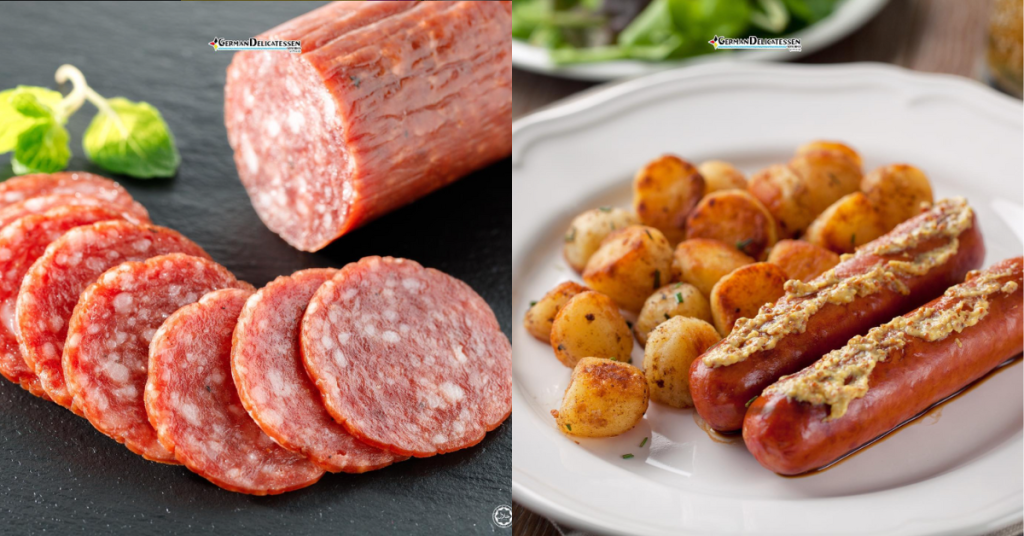
In an effort to stay afloat, the brand expanded their customer base to the B2C market. In 2020, they opened an Instagram page.
Speaking candidly on the brand’s struggles, Ludwig said, “Ever since the pandemic happened, the market has been stagnant, in all fields of businesses. To add on, the decline in economy and inflation has greatly affected our business, especially income-wise.”
“However, we are slowly picking up again.” One way is by continuing their efforts in the B2C market. By doing so, they hope it will increase the public’s awareness of the brand. And consequently, boost their sales in the long run.
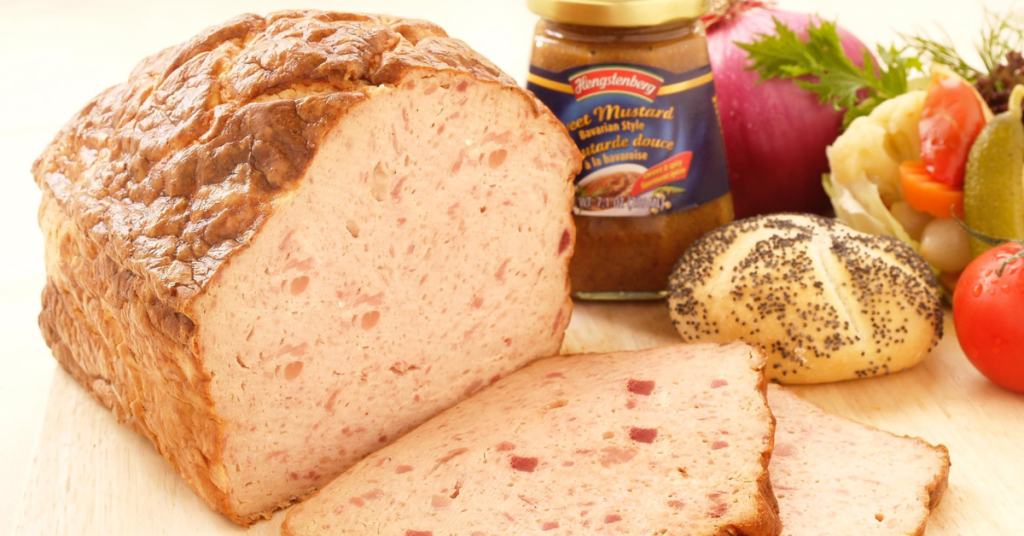
Currently, despite the brand’s broad range of products now like salamis and cured meat, sausages remain one of their bestsellers. Though their Bavarian Chicken Meatloaf (a popular delicacy in Germany) also tops the list. The brand’s products range from RM20 to over RM200, depending on the meat and casing used.
Bringing the next generation into the business
At the ages of 64 and 63 respectively, Norlida and Nazrin are still actively involved in running German Delicatessen.
That said, whenever the couple are ready, Ludwig shared that he and his younger sister are looking forward to the day the torch is passed to them.
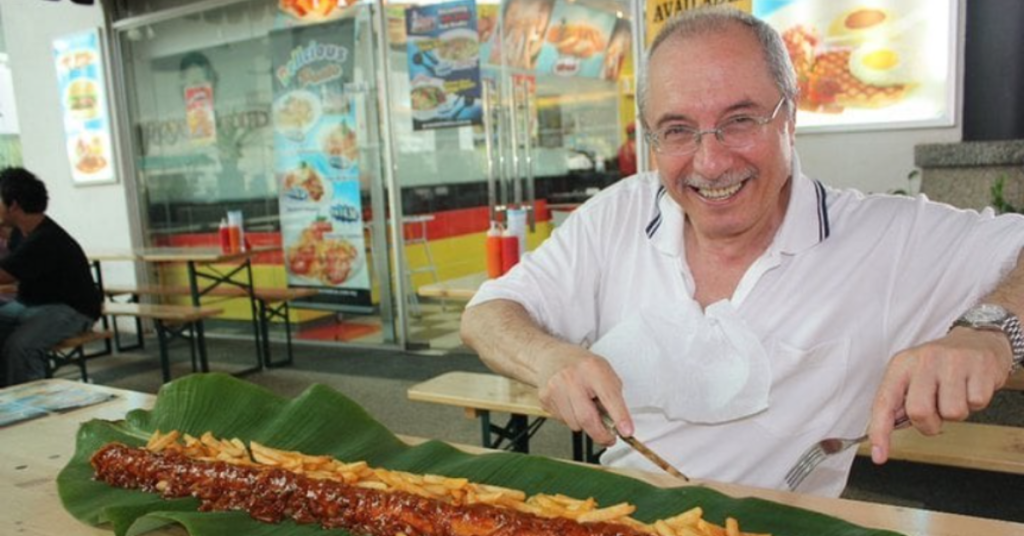
The two siblings have been part of the business for at least three years. And so far, their work involves bringing the business into the future by getting on popular social media platforms and riding online trends.
“This will definitely give the company more exposure as our generation is more known in technology than the older generation,” he expressed.
The brand is currently working on a few projects to expand business, with some of them related to the export market where there are high demands for good quality halal products.
For context, The Star reported that Malaysia’s halal industry is projected to expand to US$113.2 billion by 2030. In which case it’s likely that there will be more competition in the halal F&B market. With years of experience to back them, though, it seems that German Delicatessen are excited to face this challenge head on.
- Learn more about German Delicatessen here.
- Read other articles we’ve written about Malaysian startups here.
Featured Image Credit: German Delicatessen

